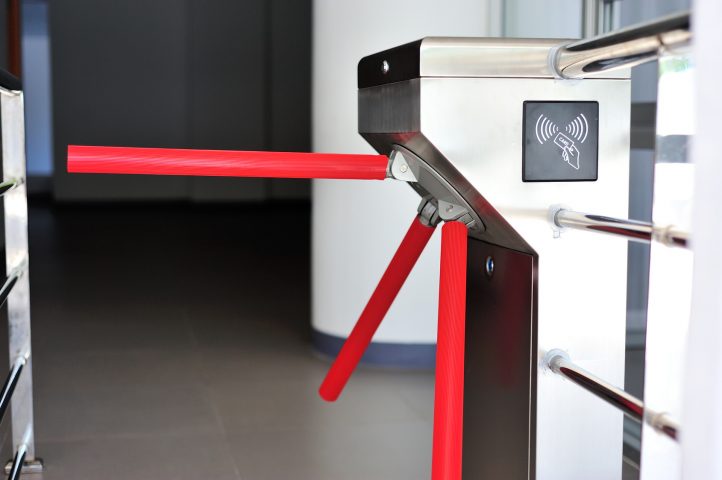A few weeks ago, the Indian government shocked the world by calling in all payment notes valued above 500 rupees (equal to about $7 USD), which was good news for payment cards because it immediately forced payment traffic onto the payment card rails. In an ironic twist, the European Banking authority now seeks to force increased regulation on all transactions above 10 euros (equal to about $10.60 USD)
- “These new proposals threaten to seriously disrupt the way we all shop online,” Visa’s chief risk officer for Europe, Peter Bayley, said in a statement. “All of this inconvenience comes with no evidence that it will actually reduce fraud.”
- Payments of more 10 euros with apps such as ride-hailing service Uber or on websites where consumers have registered their payment cards would also no longer be automatic, but will require verification codes.
There is little doubt that payment cards are more secure than cash. Cards process quickly, in any currency; they are safer for buyer and seller; and document transactions making tax collection quickly
Protecting against fraud is important. Fraud funds illegal activities and terrorists and shatters confidence in the payments system. But there are good controls such as predictive scoring, which has been in use in the US for about 40 years. But the new authentication standards are likely to take hold no matter how much the industry object
- The European Commission, the EU’s executive arm, will have to confirm the proposed technical standards. EU states and European lawmakers will then have the last say, but only rarely they have blocked decisions on standards which apply previously agreed legislation.
Overview by Brian Riley, Director, Credit Advisory Service at Mercator Advisory Group
Read the full story here











